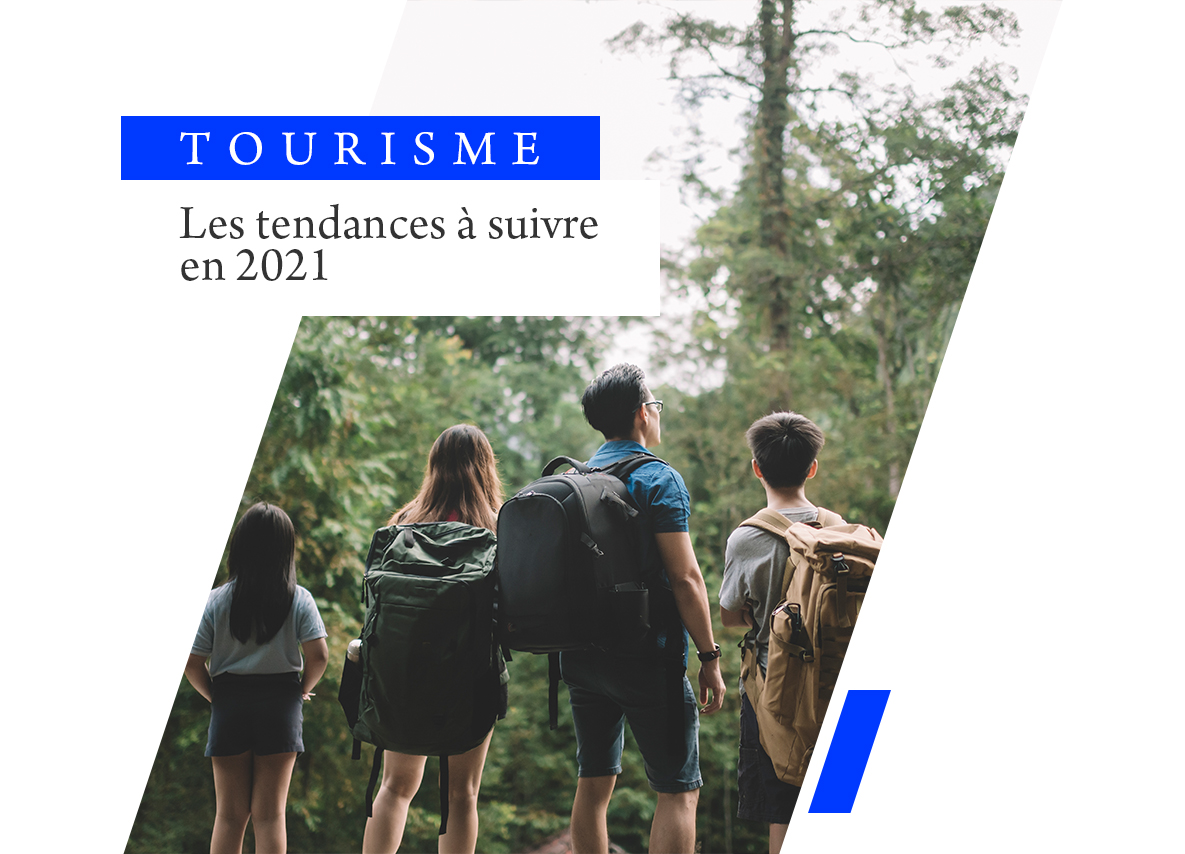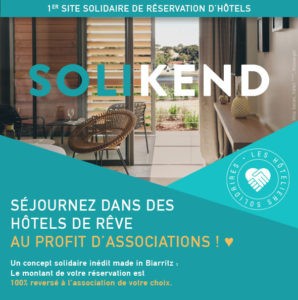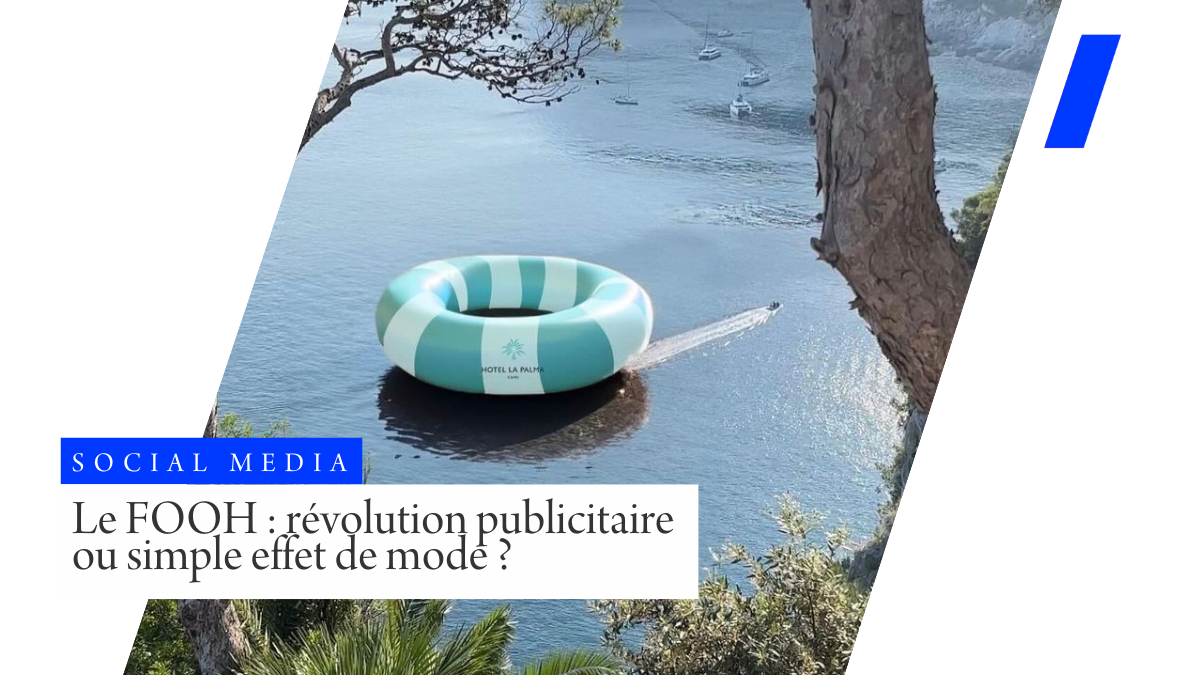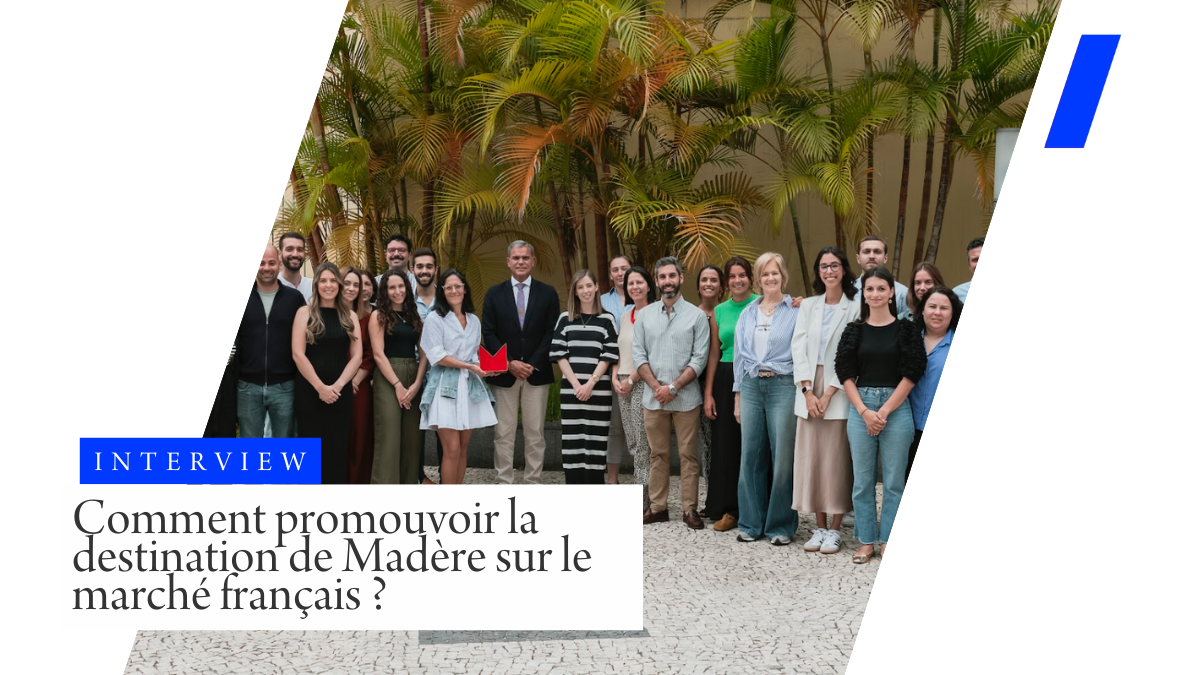In the wake of this global health crisis, the tourism industry has obviously been turned upside down.
New forms of tourism are emerging, and new trends can be identified.
We’ll see that some travelers are totally rethinking their way of traveling, others are impatient but need reassurance…
Once again, our industry is adapting and reinventing itself to meet these new expectations. Discover our article on the 7 new trends in Tourism to keep an eye on.
THE ERA OF REVENGE TRAVELERS
 Before we get started, let’s talk about Revenge Travelers.
Before we get started, let’s talk about Revenge Travelers.
Have you ever heard of them?
After a year of restrictions, these are the travelers who are waiting for just one thing: to travel freely again.
They represent a great hope for the tourism sector.
It should be noted, however, that many of them are positive about the idea of traveling, but are still afraid of falling ill.
Others are also unhappy about the travel restrictions announced by certain destinations.
According to ETC’s January 2021 study of international travelers:
- 54% are ready to travel in the next 6 months,
- European destinations will be the first choice for 39% of the panel,
- There was a slight increase in the uncertainty of the exact time of their next trip (+6%) and of the precise destination (+8%) compared with the data collected previously,
- Leisure travel is the primary objective for 65% of respondents, while traveling to visit friends and family is the primary objective for 20% of the panel,
- City breaks are favored by 21% of respondents,
- 39% plan to book a mountain vacation,
- Flexible cancellation policies are now the main driver of travel decisions
1/ Slow tourism
We’re going to start with a trend that’s gaining momentum: slow tourism, which of course goes hand in hand with sustainable tourism.
We travel in our own time, usually to a destination close to home, using less polluting means of transport.
We’re thinking in particular of turning as far as possible to more eco-friendly means of transport: train, bike, boat or even hiking.
If you’re looking to disconnect from the world and broaden your vision of travel, slow tourism is for you!
You’ll travel differently, discovering the strong points of this trend: reconnecting with yourself, but also with nature and your loved ones.
Quality is clearly opposed to quantity.
It’s a new travel model that encourages us to support the local economy, to travel consciously, and to think about environmental protection and social initiatives.
For the tourism sector, it’s an opportunity to develop destinations and regions far removed from mass tourism.
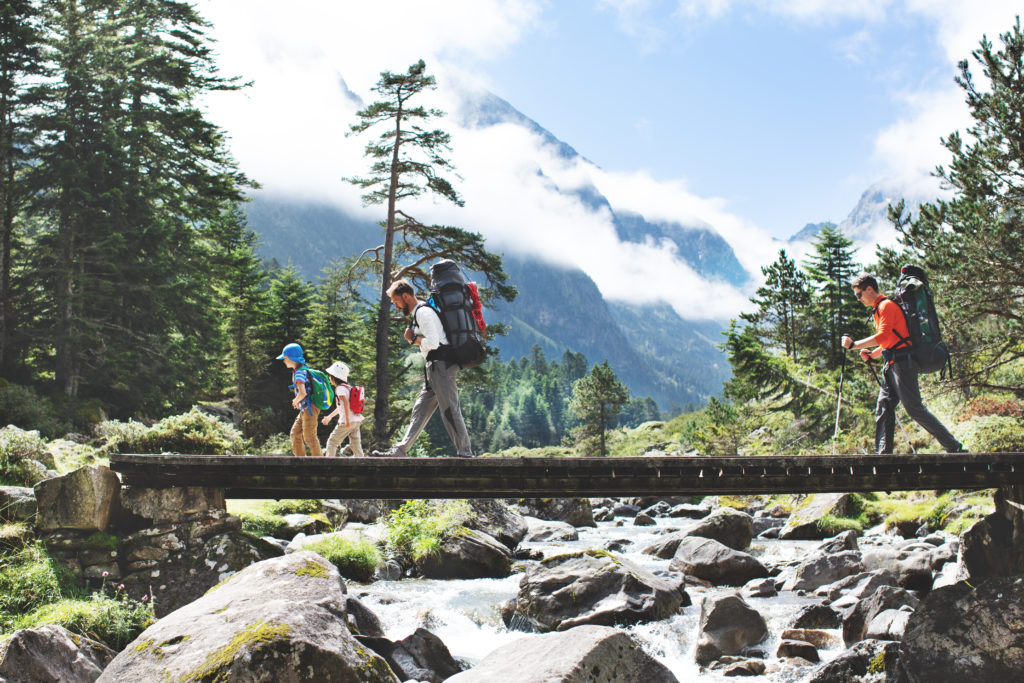
2/ Micro-adventures
Travelers want to get away from their daily routine and experience something out of the ordinary for a few days.
Today, microadventures are attracting more and more customers in France.
They make their choice based on the experience they’re going to have, not the destination.
You don’t have to be Mike Horn and spend several months on the other side of the world to enjoy a sporting, exotic or even extreme adventure.
Its success is based on the ecological aspect, the need to free oneself from mass tourism and the desire to put meaning back into travel.
It can be interesting for brands/destinations to put forward/invest in the proposed activities.
3/ Responsible tourism
There’s also a growing sense that travelers need to find meaning in their journeys.
They want to feel useful and, above all, to be respectful of the environment and local populations.
This, of course, complements the trends seen above.
Responsible tourism, also known as ethical tourism, can be illustrated by immersion in the local population in an underprivileged country, for example, by staying with local people, taking part in local life, etc.
In short, there’s a reason to travel.
The fundamentals of responsible tourism are as follows: to have a positive impact on the local population with minimal impact on the environment.
4/ The fusion trip
“Fusion trip” is a new trend in travel that combines city and nature.
Even if the pandemic has driven many people away from the cities, the figures show that many people still want to visit a city on their next trip.
Indeed, they want to be able to take advantage of the cultural assets of cities (outings, museums…) while also enjoying nature (hiking trails, wide open spaces…).
According to a study by TimeOut , travelers are looking for this fusion of city and nature.
Perfect destinations for this type of trip: Tulum, Dubai, London, New York and Madrid.
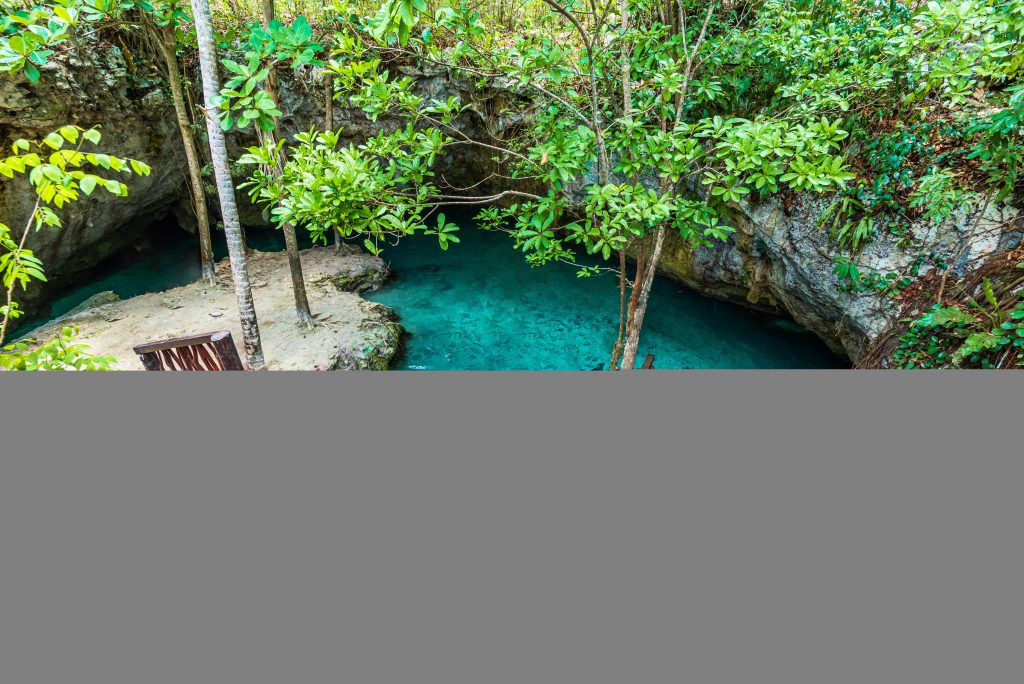
5/ Telecommuting
The Covid-19 pandemic has accelerated the rise of teleworking: it is now possible to work from anywhere, in one’s own country as well as abroad.
Some destinations, such as Mauritius, Barbados, Estonia and Portugal, have understood this and have developed a “digital nomad” visa, which allows you to work from the country in question for one year.

There are many economic and cultural advantages for a destination to temporarily install a community of digital nomads.
One is, of course, to compensate for the economic loss caused by the Covid-19 pandemic, as accepting teleworkers with high purchasing power will boost tourism and the economy.
Take Madeira, for example, where an entire village is dedicated to people wishing to telework.
This is the Digital Nomads Madeira project, which aims to accommodate around a hundred digital nomads in the town of Ponta do Sol.
6/ The very last minute
For the moment, the situation is still uncertain for the months ahead.
Some travellers are still wary of booking their next vacation.
That’s why we’ve seen the emergence of the new Very Last Minute trend, where travellers book at the very last moment.
It’s therefore important to be highly flexible to satisfy the consumer, and to be able to easily manage cancellations and postponements.
7/ Covid-friendly travel
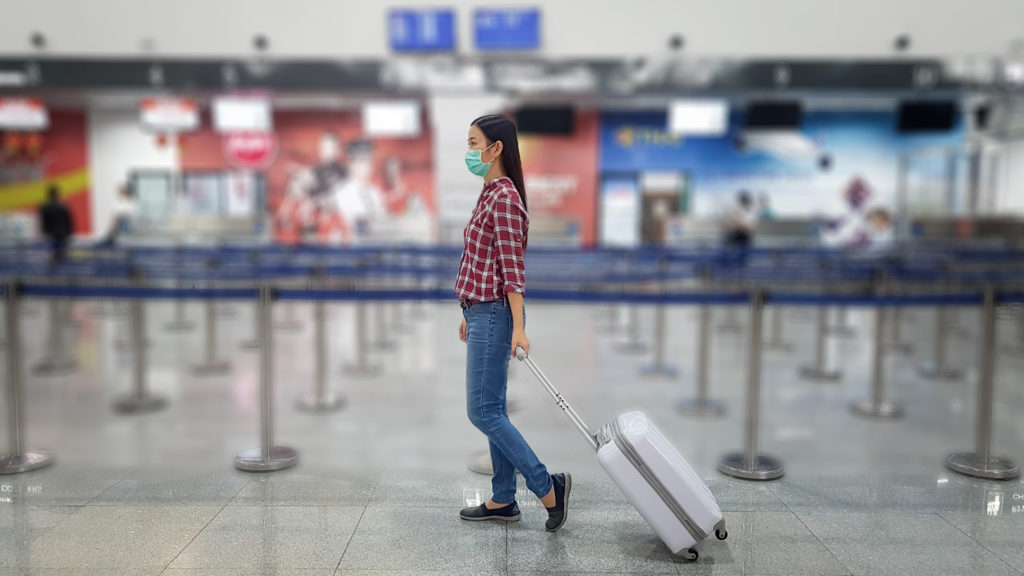
To attract tourists in 2021, we’ll need to show a clean bill of health.
According to a Booking.com study, 77% of French travelers will take more precautions to protect themselves from the coronavirus, and 40% will favor airlines, airports and hotels with higher health and safety standards (Amadeus study, Rethink Travel Global Survey Reports).
The watchword is therefore to reassure travelers by being as transparent as possible about the protocols and measures put in place in each country/establishment.
We don’t yet know whether we’ll have to adopt a health passport, but it would help to ensure health safety.
Travelers also believe that the technology will help limit health risks when traveling, and would like to see airports, accommodations and transportation systems equipped with contactless technology.
Travelers also appreciate the availability of applications that issue health alerts in the event of new restrictions, for example.
8/ Health and wellness tourism
The pandemic of 2020 has encouraged people to take better care of themselves, to relax, to take a break, awakening the desire to get closer to nature and escape.
As a result, outdoor activities are becoming increasingly popular: hiking at altitude, strolling in the countryside, meditating by a lake, detoxing in the forest.
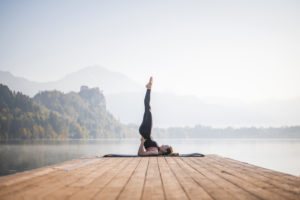
Spas and well-being are also at the heart of travelers’ aspirations.
They are now keen to have dedicated access to well-being during their travels: spas, balanced menus, sensory discoveries, sporting activities…
9/ Technology and space tourism

As we can see, everything seems to be accelerating in terms of technology and space tourism at the start of this year, despite the consequences of Covid-19.
While some entrepreneurs offer their astronaut customers a taste of weightlessness for a few hours, Elon Musk, founder of Tesla and rocket company SpaceX, recently announced a first trip for tourists into space in autumn 2021.
Space tourism is the very beginning of the democratization of access to space for the general public, admittedly reserved for the wealthy…
The conquest of space is irreversibly accelerating, thanks to technological progress, but also because the political, scientific and economic stakes are so high.
This trend is in stark contrast to many of the trends mentioned above.
What’s the trend for you?
Are you planning a trip soon?
